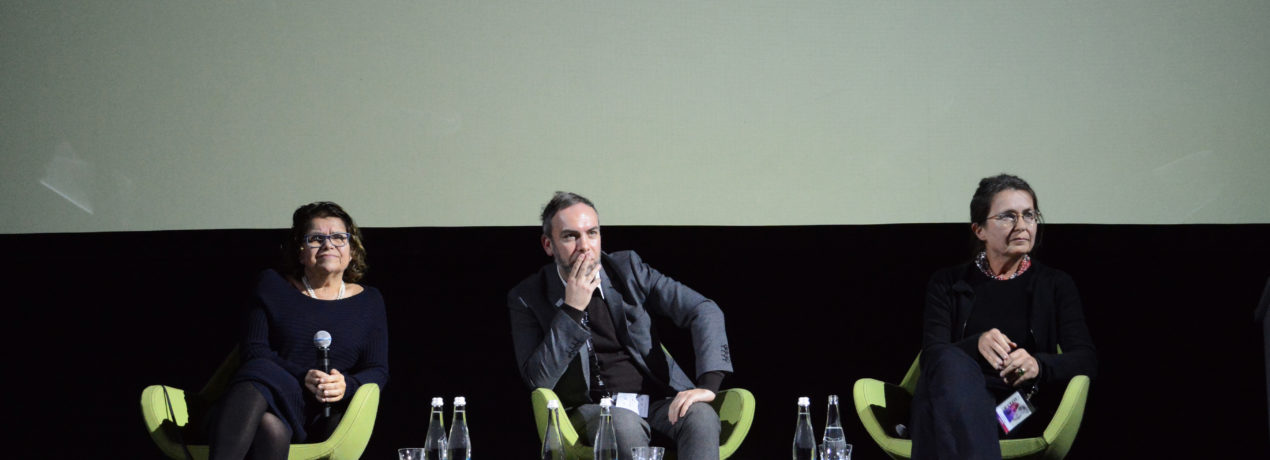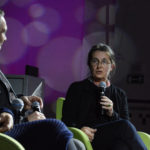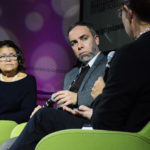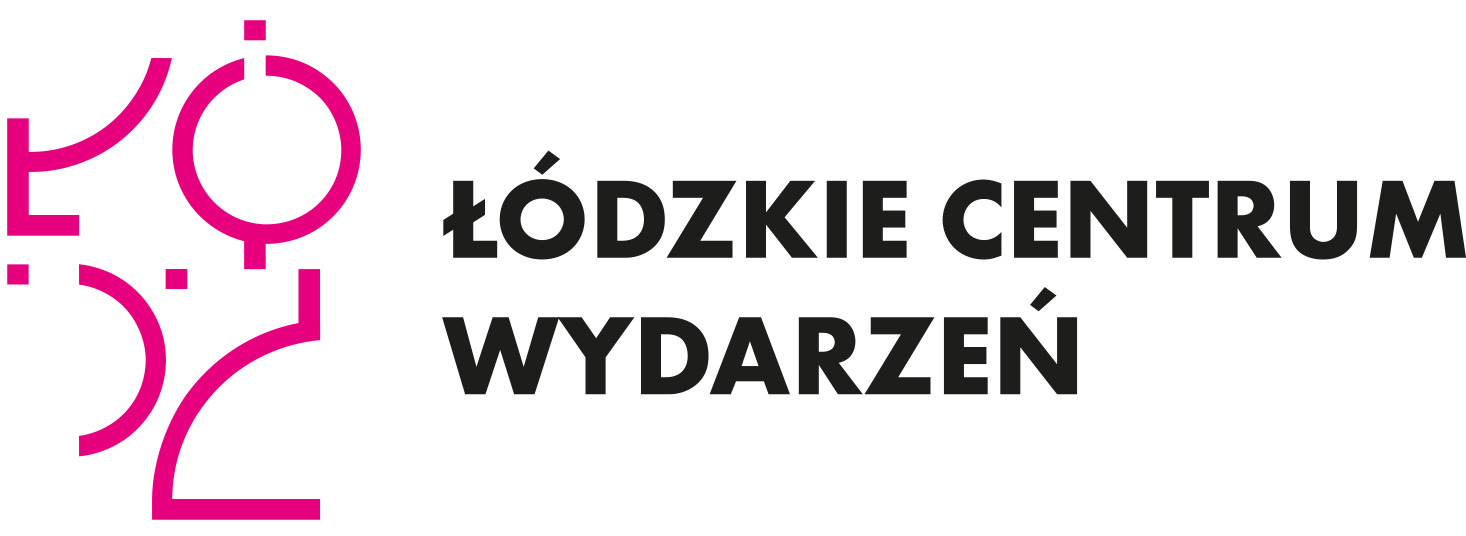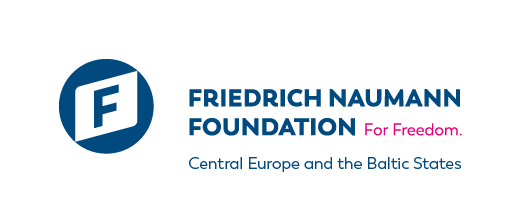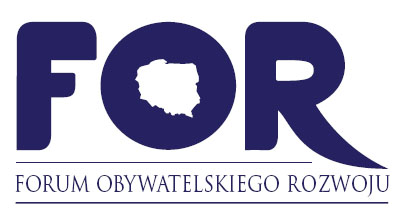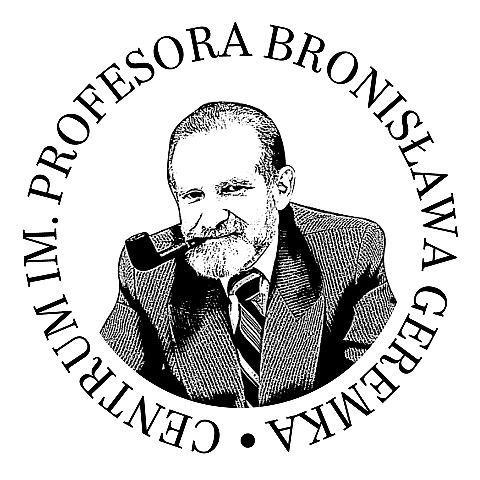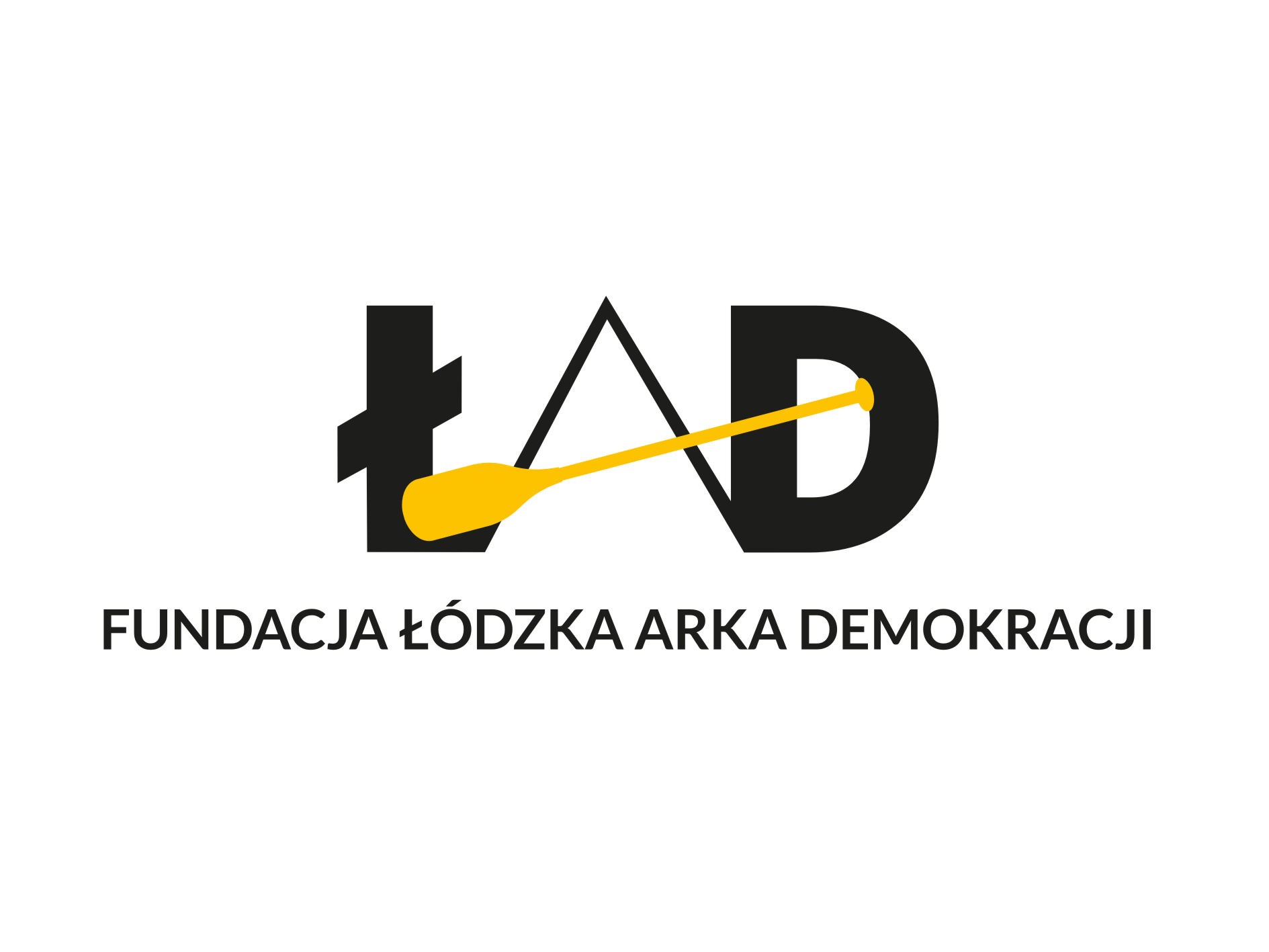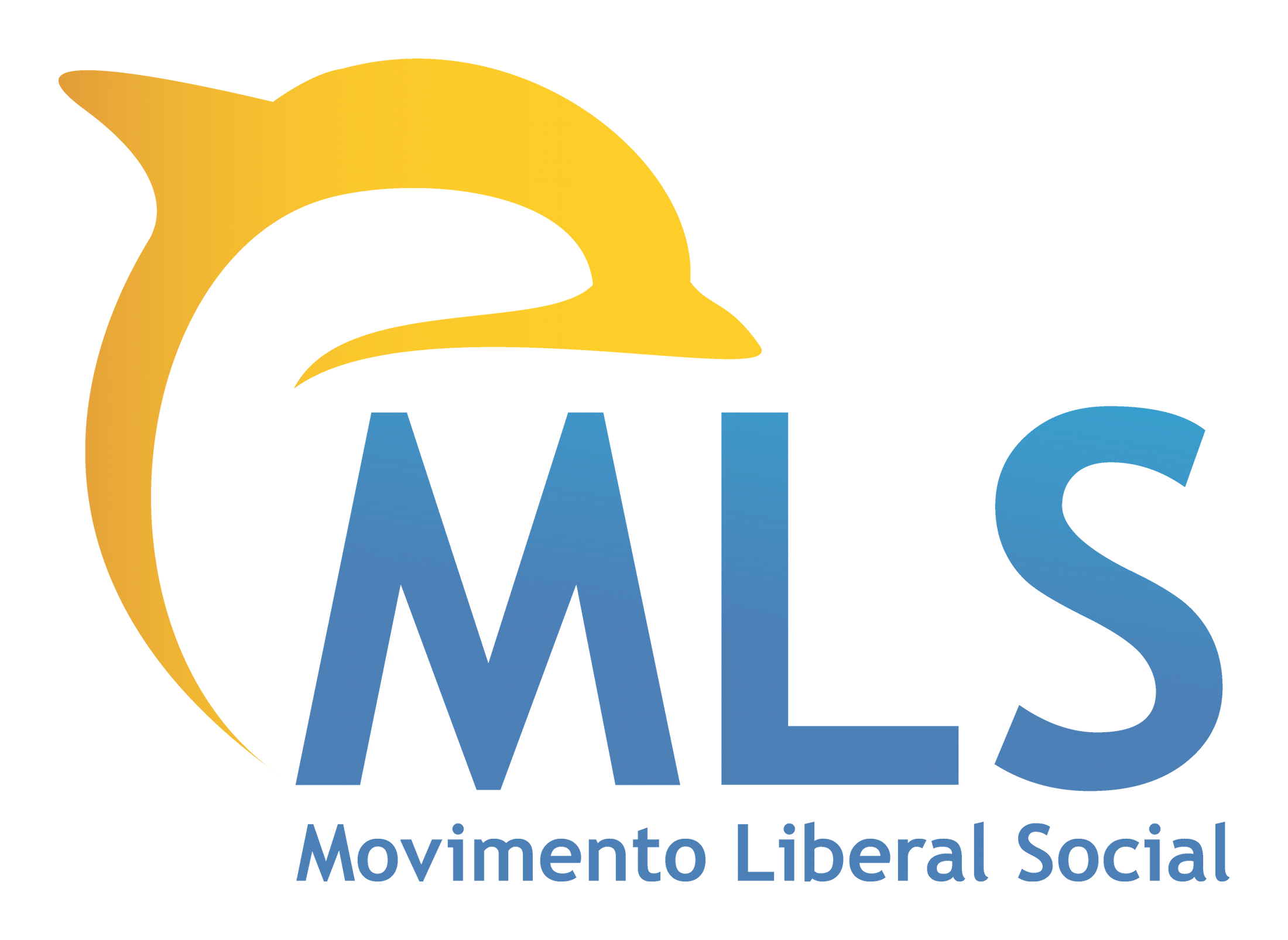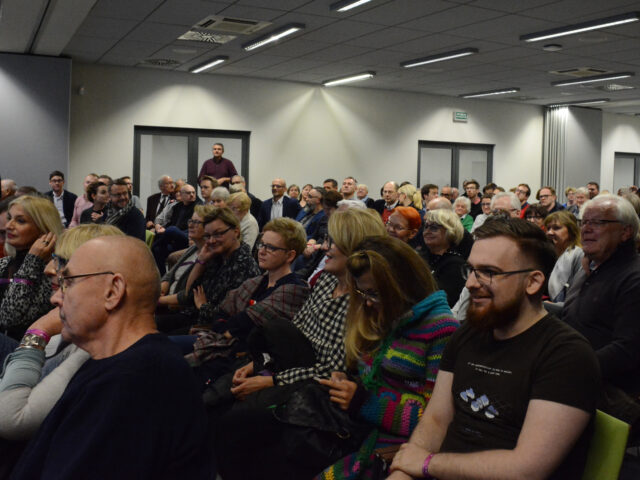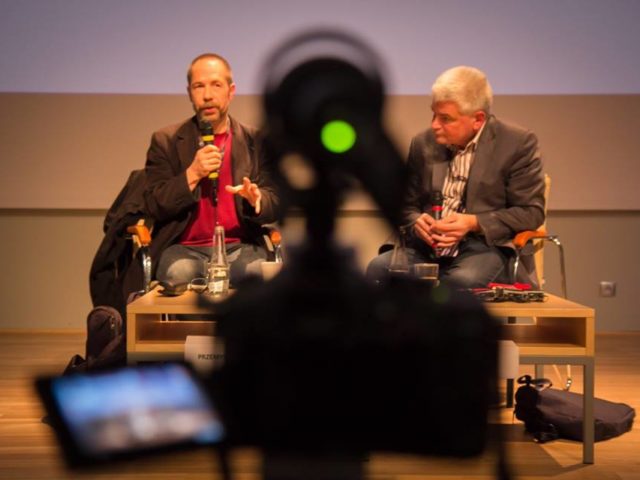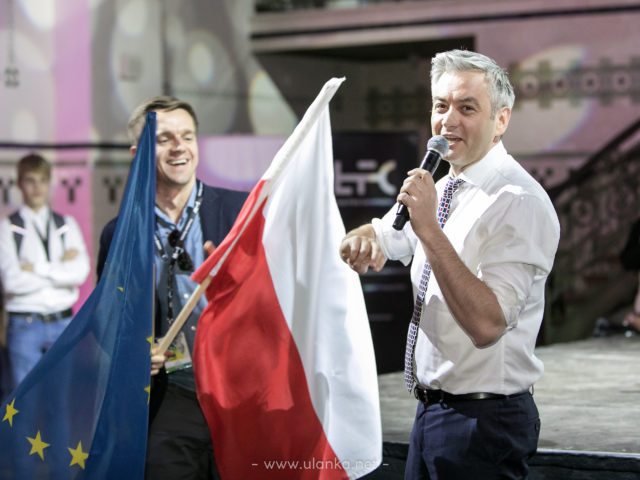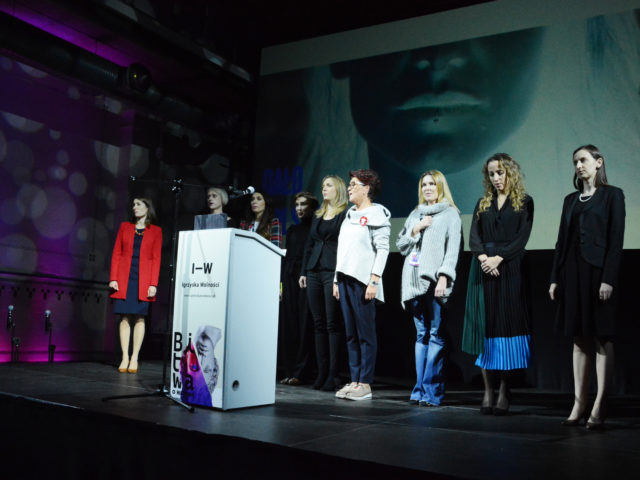‘To save from oblivion: a common Polish-Jewish history’ – that was the title of the discussion panel with the participation of Anna Bikont, editor of Gazeta Wyborcza and writer and professor Joanna Tokarska-Bakir, anthropologist of culture and religion, lecturer at the University of Warsaw, writer.
The moderator started with a question about the correctness of the topic formulated in such a way, whether it reflects the place in which the discussion on mutual relations is currently held. Both panellists admitted that this is a very unfortunate wording that immediately puts in doubt whether there is anything to save. In addition, the title was borrowed from the poem by Gałczyński, who admitted that before the war he was an anti-Semite. Anna Bikont also pointed out that the problem with such formulated question is a bit deeper and more serious. According to her words, “it introduces a convention of sentimental melancholy to the conversation”, and thus sends a veiled message to the recipient that such a conversation can, but does not have to take place, that we have a choice, do we want to talk about it or not, or worse, that we do not really need to talk about it at all. Developing her thought, the writer warned against the use of this sentimental framework, calling it “an error of inattention”, because in this way, according to her words, “we renew the gesture of excluding this group from Polishness.”
Joanna Tokarska-Bakir also paid attention to the same mechanism, which saw another problem in using the word “relations” quite often, in the face of a group of people who lived and still live in Poland, and in her opinion they were and still are excluded from Polishness. The scientist expressed regret that “Polishness defines nationalist, non-civic categories and thus we question whether you can be a Jew and a Pole at the same time.” This thought was taken by the second speaker, Anna Bikont, adding that the Underground Poland operating during the Second World War did not include its help Jews, because, straightforwardly speaking, “Jews were not thought of as their fellow citizens.” Joanna Tokarska-Bakir added that the concept of a Polish Catholic is fundamental to understanding the situation of Jews in Poland. According to her, “assimilation to our religiosity is a prerequisite for Poland to embrace other citizens with her love.” Anna Bikont agreed with her, “Because Polishness is never given, you have to ask for it” and gave the example of Irena Sendler, whose family it was officially described many times as fully assimilated, although according to the knowledge collected by the writer, they continued to cultivate religious traditions.
Asked for a commentary on the current situation of Polish-Jewish relations, both panellists underlined that undoubtedly a huge breakthrough was made by Gross’s book “Sąsiedzi”, which intensified and changed the discussion on this subject, but only temporarily. According to panellists, there has been a new regression and the return of anti-Semitic sentiments, which is more bitter as it also includes the Polish elite. Both participants expressed their concern about what the average citizens are supposed to be doing in such a situation, when the Polish elite give up telling the truth.
A note of optimism appeared at the end of the panel when Joanna Tokarska-Bakir expressed hope that there are still people, individual people who want to be “secretaries of true memory”, independent of politicians, and Anna Bikont called them “islands of remembrance”.
Rozana Szmigiel
- Fot. Joanna Łopat
- Fot. Joanna Łopat
- Fot. Joanna Łopat
- Fot. Joanna Łopat

